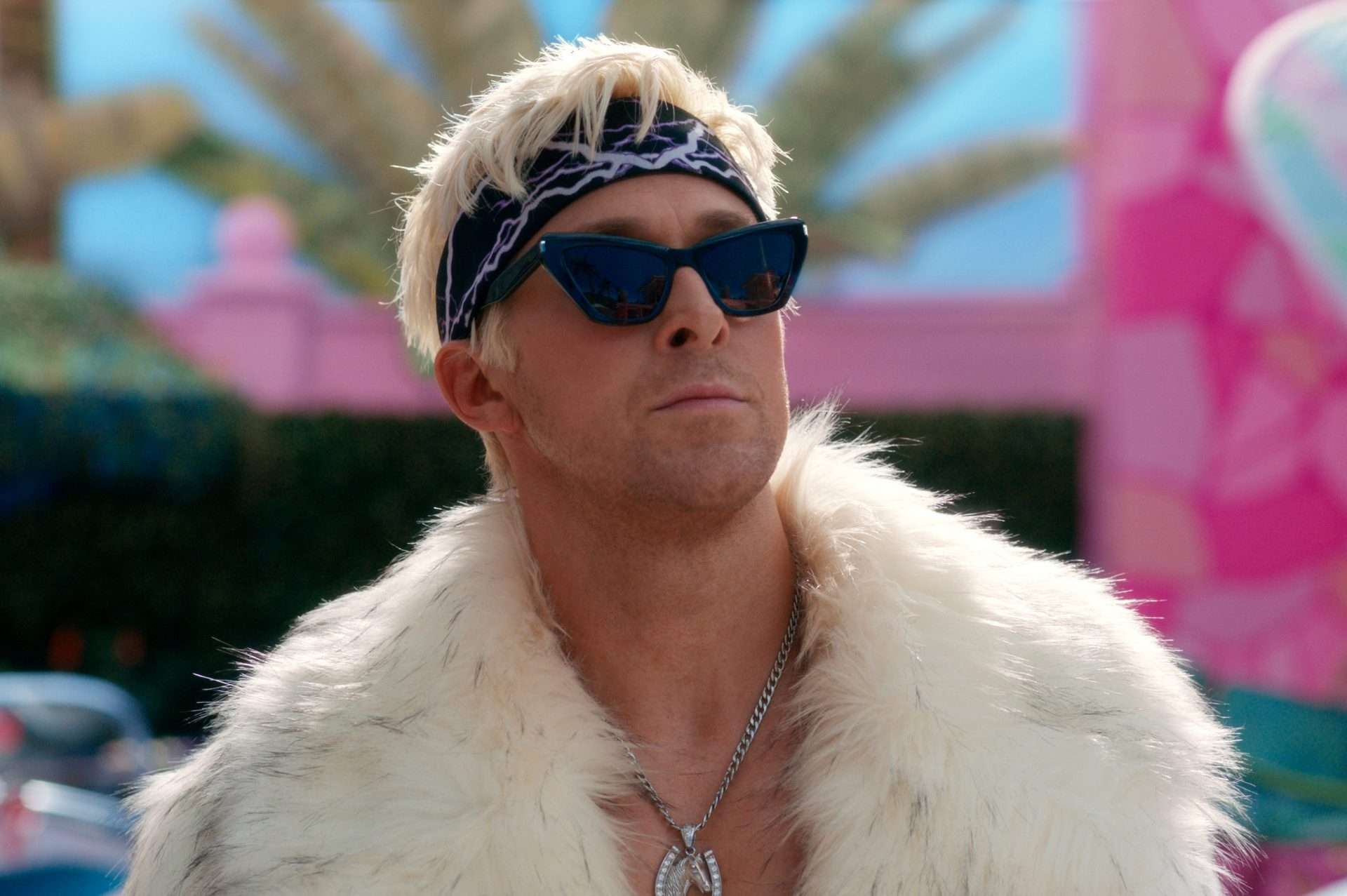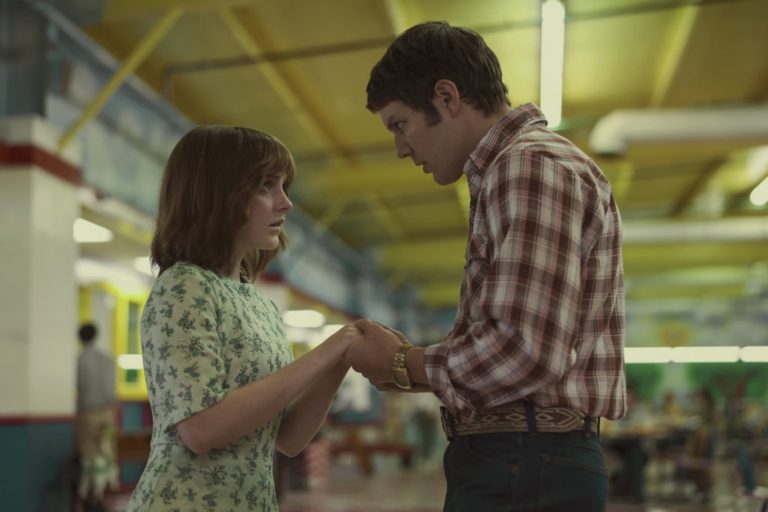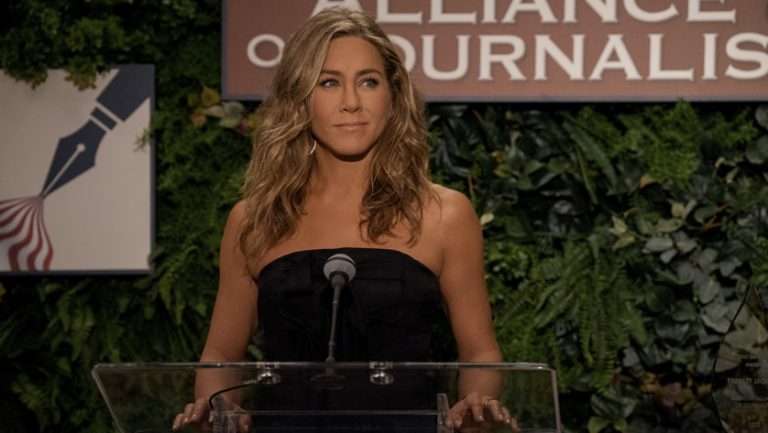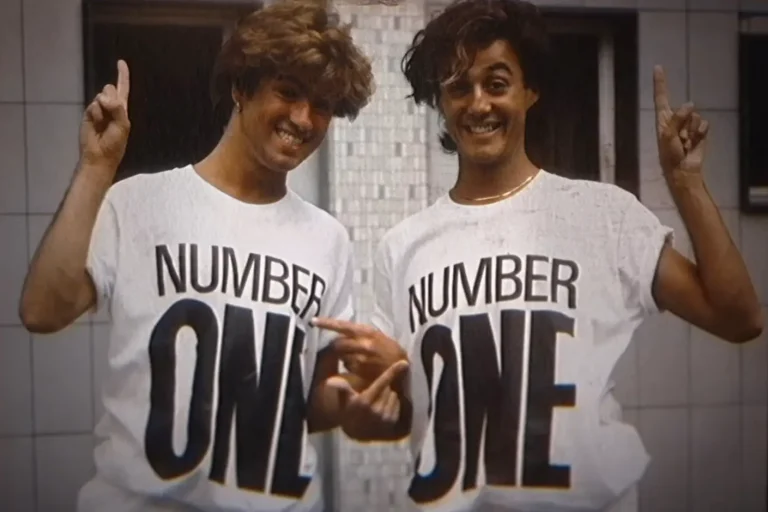Maybe we should let Women Filmmakers just be Filmmakers: I am aware that women who love film aren’t a monolith. We have varied interests and tastes, just like any person who enjoys movies, but it would be disingenuous to deny that many women who love film look up to Greta Gerwig. It’s not very often that we see female filmmakers and the stories of women being told through them, and while the bar may be pretty low, Gerwig gives the slightest hope for women who want to see their stories on screen.
So, naturally, I was excited for Barbie. I didn’t expect it to be profoundly feminist in any way. I also didn’t expect it to come close to Lady Bird and Little Women, considering this was, after all, produced by a toy company, and they would ultimately want the toy and themselves to appear in a reasonably decent light. But this is also why I was so excited. How would Gerwig, who has otherwise been hailed as a feminist director, tackle this? I was, of course, left disappointed.
Recommended Read: The Dialectical Argument For & Against Greta Gerwig’s Barbie
In Barbie, the most unfortunate plotline for me was of the Kens. Firstly, the not-so-subtle comparison between Kens in Barbieland and women in the real world is misdirected at best and offensive at worst. Barbies aren’t violent towards the Kens. They aren’t an oppressive force like men are towards women in the real world. Trying to draw any correlation between the Kens being ignored in Barbieland and women’s oppression is needlessly reductive. The other possible interpretation is even more sinister: even though the Kens weren’t even oppressed, to begin with, simply not being in the center of Barbies’ lives prompted them to act out and establish patriarchy.
This is an unpleasant idea on two counts. First, this is the conclusion to the bio-essentialist notion that men will never change, which is not great when you’re trying to show that ultimately, men can be empathetic and second, if they were inherently evil, Barbie’s apology to Ken was practically useless because nothing would make him care about why she wants to be her person. He simply wouldn’t care about being “Kenough” because that wouldn’t be the root of his despair.
This brings me to the apology itself. It was crummy. It made me uncomfortable. Not only do the Kens do something the Barbies never did, i.e., make them subservient to them (now that is a fair comparison to how women are treated in the real world), but the movie ultimately seeks to justify it through Barbie’s apology to Ken. It feels akin to saying, “Of course, you got angry; of course, you wanted to make all women subservient because I rejected you.”
Barbie never wanted Ken to make her his entire personality. She never chose it. That is how he was built, but that too is her fault, something she must rectify and then also coddle him for hurting his feelings, although all she was doing was existing without wanting him as a constant companion. I wondered if this was also supposed to be a kind of subtle comparison to the Real World, i.e., men didn’t create patriarchy; something greater than them did, and they need to apologize to women for the hurt it causes them. Still, I discarded this idea immediately because I refuse to believe anyone would be foolish enough to think that men don’t benefit from the patriarchy or actively try to preserve it.

I wouldn’t write off this movie because there were bits that did resonate with me, themes that have always moved me in Gerwig’s films, like the crisis of meaning all girls go through in early adulthood, the not quite estranged but also slightly antagonistic mother-daughter relationship and the general despair that dawns on you when you realize that you are a woman living in a world that doesn’t look at us very fondly.
Maybe the problem then was the expectation that this would be a feminist masterpiece. Of course, one should have contained their expectations, considering it is, after all, a prolonged advertisement for a toy. But what made people all the more excited for its “feminist take” was the fact that Greta Gerwig was making it. And that’s a problem. Women directors have a disproportional burden on them to show everything through a feminist lens. Why? Why must they? Greta Gerwig hasn’t made anything profoundly feminist if you really think about it. Lady Bird was just about her own life, and Little Women is a reflection of traditional feminist concepts, and Gerwig made the ending more fit for contemporary times. We perceive these as feminist films because merely a story about women being told by a woman is too contentious that it must be political. But sometimes, it is not.
I didn’t like Barbie at all. I think the moments that brought me to tears were quickly overshadowed by the moments I was enraged by the disturbing male-pleasing antifeminist rhetoric. In fact, I know many people who are “disappointed” with Gerwig because of this, but maybe that’s slightly unfair. You can be disappointed with her because she’s made great films in the past. This one felt narratively disjunct, trying to balance many different storylines and ultimately satisfying none.
Moreover, Gerwig is not a pallbearer of the feminist movement. Making any woman the face of the movement in any industry does more harm than good because it restricts genuine stories about girlhood and womanhood and all the different kinds of experiences that come with it. You can be upset with Barbie because it claims to be feminist and fails at it. At the same time, the heightened expectations that it must be revolutionary because it came from Gerwig is rather unfounded.
This somewhat extends to commentary on all of Gerwig’s projects. For instance, there are articles about Lady Bird’s feminism. In response to those, there are criticisms against Lady Bird for being a “white feminist” movie that doesn’t accommodate stories of People of Colour, but both of these claims are just as bad as the other. There is nothing inherently feminist about Lady Bird; it isn’t even the first coming-of-age movie centering on a girl. That it is “white feminist” is a reaction to it being called feminist because if it is feminist, it must accommodate all women or at least provide commentary on womanhood at large. But again, if it isn’t feminist, it doesn’t need to do that. Gerwig happens to be a white woman, and she made a movie about her white life. In contrast, male directors are never burdened with representing all men’s experiences.
Burdening women directors to tell all-encompassing feminist tales that represent every aspect of womanhood and feminism is wrong. Women should be allowed to tell their stories without the additional burden that men don’t have. And no, Barbie isn’t necessarily Gerwig’s story. You can still think it’s terrible because it is unwittingly antifeminist and a muddled fantasy (I know I do). However, what is unfair is making it about Gerwig personally, as though she has disappointed us all greatly because she had to deliver a revolutionary feminist triumph. Of course, she didn’t. And that’s okay.
Read More:
The Drive Across “Mother-ing Up” & “Daughter-ing Down”: The Multitudinous Complexities of the Mother-Daughter Relationship in Lady Bird (2017)
The Blonde Doll ‘Barbie’ and Counter-Culturalism






